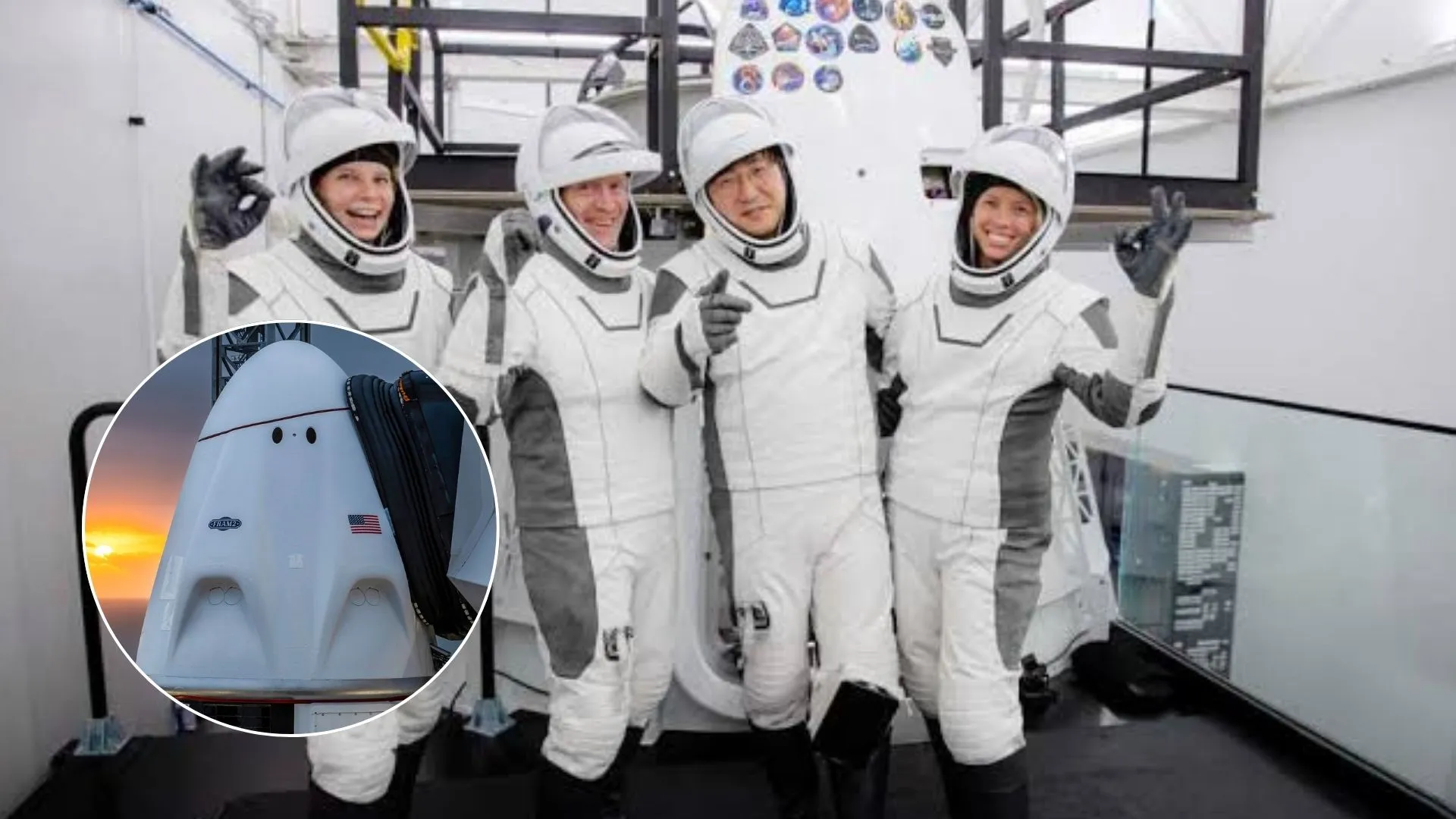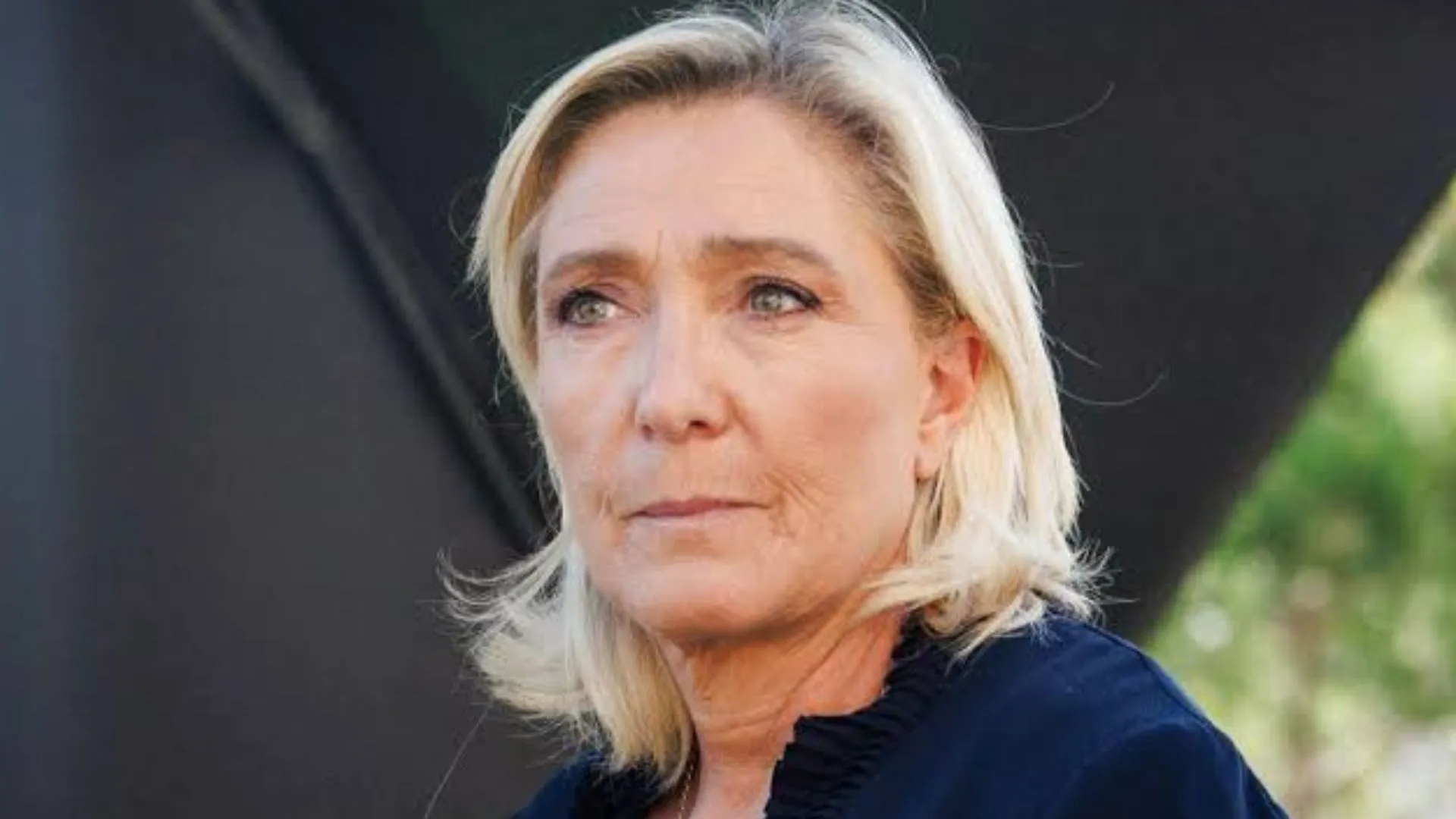Chinese President Xi Jinping met with Bangladesh’s Chief Adviser Muhammad Yunus in Beijing on Friday, focusing on economic cooperation and strategic partnerships. Yunus, currently on a four-day visit to China, first participated in the Boao Forum for Asia Annual Conference in Hainan before arriving in the Chinese capital. He was welcomed at the airport by Chinese Vice Foreign Minister Sun Weidong.
#LATEST 🇨🇳Chinese President Xi Jinping met with 🇧🇩Bangladeshi interim government’s Chief Adviser Muhammad Yunus in Beijing.
Xi gives red carpet to Prof. Yunus at the Great Hall of the People. #China #BangladeshL pic.twitter.com/8gBJY86qYp— Shen Shiwei 沈诗伟 (@shen_shiwei) March 28, 2025
During his visit, Yunus emphasized the need for China to reconsider financial terms on ongoing and future development projects in Bangladesh. He urged Beijing to lower interest rates on Chinese loans from three percent to one to two percent and requested a waiver on commitment fees for Chinese-funded initiatives. His discussions with Chinese Executive Vice Premier Ding Xuexiang covered various sectors, including infrastructure, technology, and renewable energy. Yunus also sought China’s support in relocating industries such as ready-made garments, electric vehicles, light machinery, and semiconductor manufacturing to Bangladesh.
China has emerged as Bangladesh’s fourth-largest lender after Japan, the World Bank, and the Asian Development Bank, with approximately $7.5 billion in loans extended since 1975. The request for more favorable financial terms underscores Dhaka’s efforts to manage its external debt while maintaining steady economic growth.
On the sidelines of the Boao Forum, Yunus also held discussions with Russian Deputy Prime Minister Alexey Overchuk, who expressed Moscow’s willingness to increase wheat and fertilizer exports to Bangladesh. The two leaders also reviewed the progress of the Russia-backed Rooppur Nuclear Power Plant project.
Additionally, Yunus met with former UN Secretary-General Ban Ki-moon, who chairs the Boao Forum, to discuss Bangladesh’s political future. Expressing optimism about the country’s democratic transition, Yunus sought international support and guidance in ensuring stability and progress.
The series of high-level meetings highlights Bangladesh’s strategic approach to strengthening diplomatic and economic ties with global powers while addressing financial challenges and future development prospects.
Also Read: Boiler Blast Kills 3 People In Paper Factory In Ghaziabad























